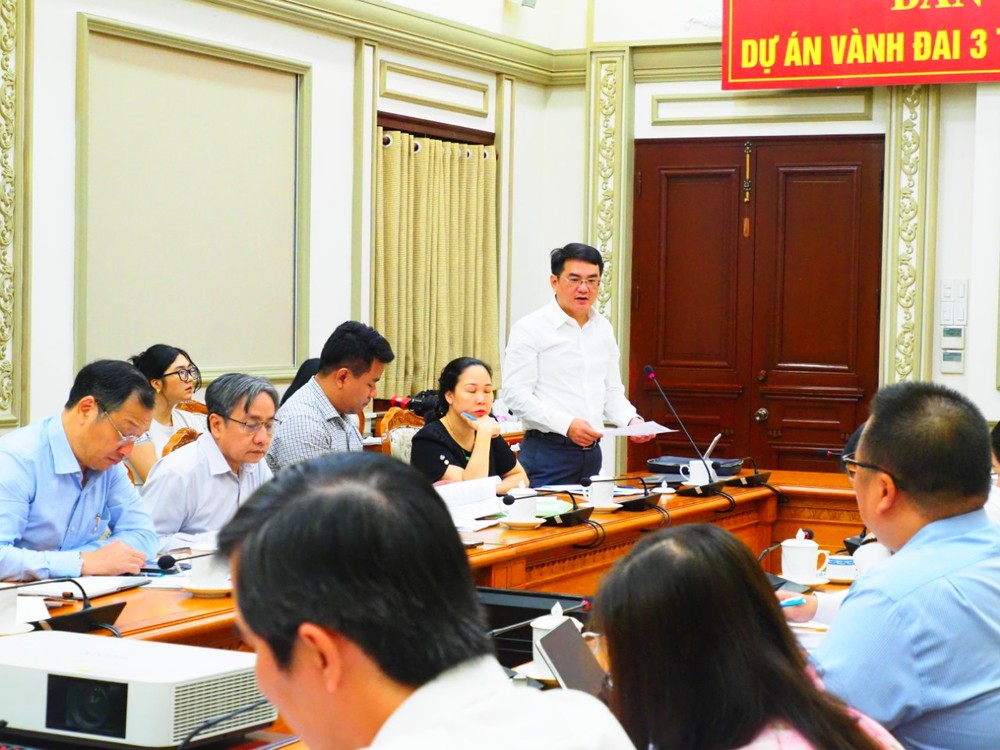
This was heard at a working session between the Culture and Social Affairs Committee of the People's Council of Ho Chi Minh City with the Department of Education and Training and other departments and agencies to remove difficulties in implementing the education project for smart education and life-long learning, establishment of a learning society from 2021 to 2030 and the construction of schools and classrooms to meet dwellers’ learning needs.
At the meeting, a representative of the Department of Planning and Investment of Ho Chi Minh City said that by 2025, Go Vap District is expected to build 262 classrooms per 10,000 students of school age (from 3-18 years old). Similarly, Hoc Mon district by 2025 will only have 216 classrooms/10,000 population while District 12 can build 227 classrooms/10,000 population.
Thus, many localities have not been able to complete the goal of 300 classrooms/10,000 population by 2025.
According to the Department of Planning and Investment’s explanation, localities face difficulties in building schools due to land planning problems; worse, many project implementation is extended due to legal problems, compensation and clearance procedures.
Deputy Director of the Department of Education and Training of Ho Chi Minh City Le Hoai Nam said that when building the project of 4,500 classrooms to celebrate 50 years of the South Liberation and National Reunification Day, the Department of Education and Training of Ho Chi Minh City worked with Thu Duc City People's Committee and 21 districts.
In particular, school construction projects have specific construction locations and project implementation status. Projects are divided into many groups such as project groups with capital recorded for immediate implementation, project groups that still have problems with legal procedures and land planning.
As of mid-May 2024, the city has 59 high schools and 46 primary and secondary schools registered for implementation of digital schools for the implementation of the Project ‘Smart education and lifelong learning in Ho Chi Minh City for the period 2021-2030’.
In addition, Le Hong Phong High School for the Gifted and Tran Dai Nghia High School for the Gifted and 5 other public high schools in the city including Le Quy Don High School, Nguyen Du High School, Nguyen Hien High School, Marie High School Curie, Nguyen Huu Cau High School are piloting the Smart Education Project.
Regarding the requirement to build a modern experimental practice center, Head of Secondary Education Department in HCMC Le Duy Tan said that non-public schools with abundant investment capital and well-equipped facilities are able to build a modern lab whereas public schools hardly build standard lab due to limited budget.
In the near future, the Department of Education and Training of Ho Chi Minh City will propose the municipal People's Committee to build a modern laboratory for students throughout the city to improve the quality of laboratory and the education sector.
























